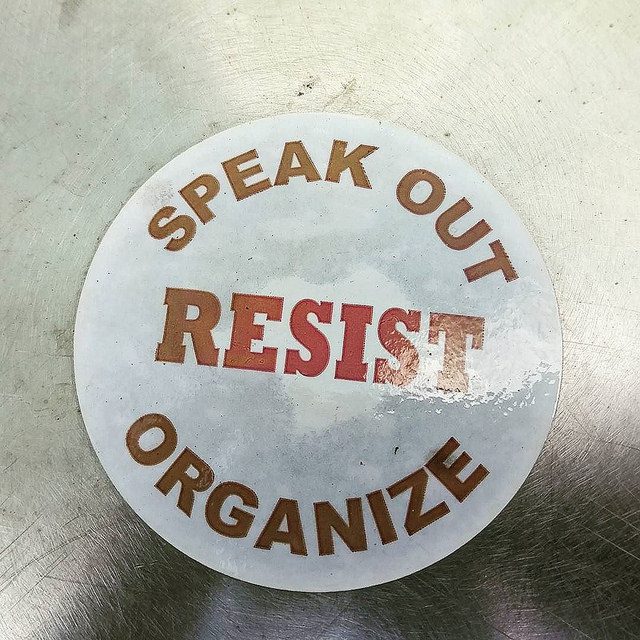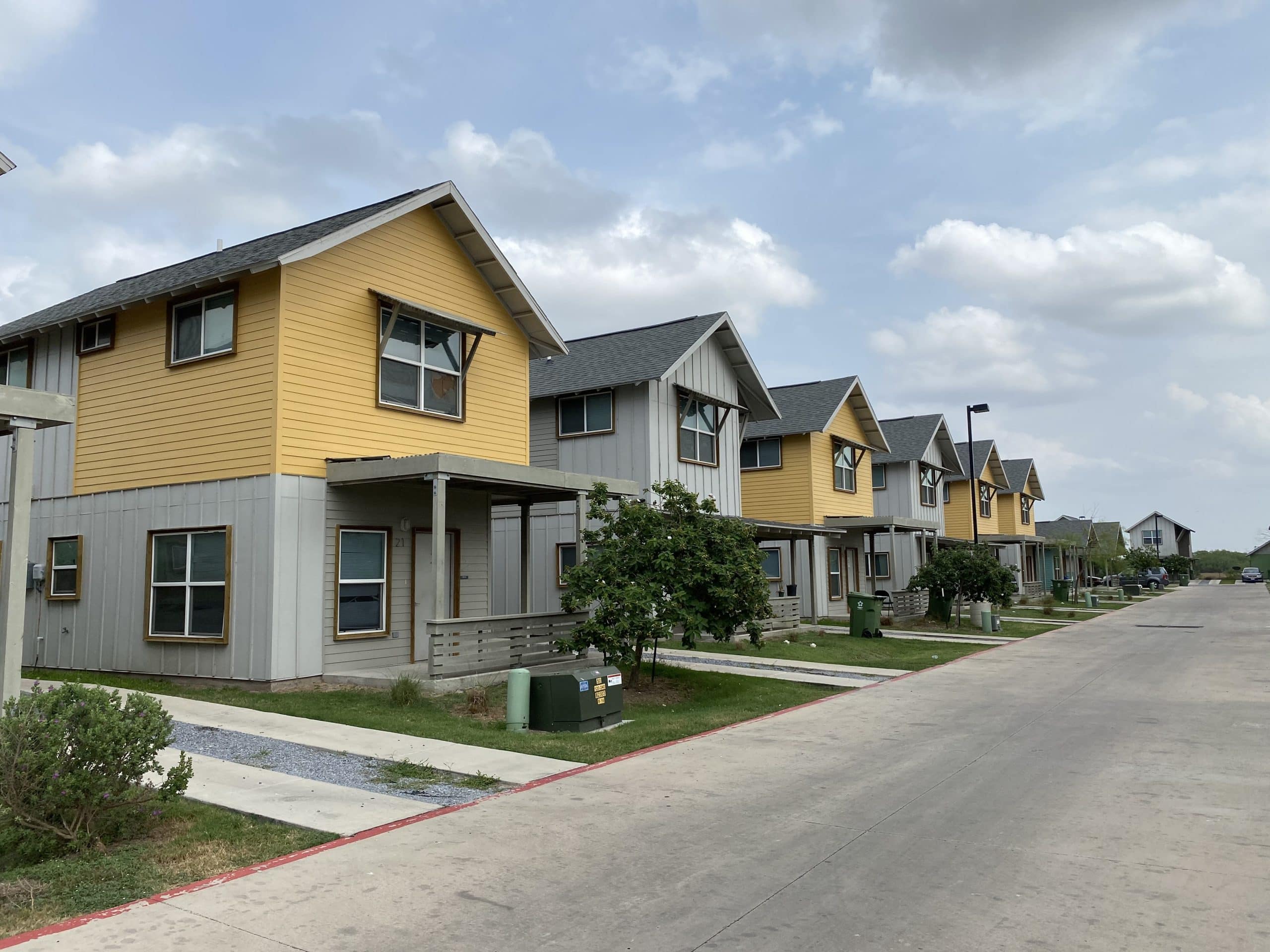
Photo by charlene mcbride via flickr, CC BY 2.0
Three years ago, I posted a blog in which I wrestled with the question of whether community development is an “industry” or a “movement.” That was the sort of insiders’ game that could be constructively played and calmly debated during the bygone days when a former community organizer was in the White House.
My own contribution to this recurring debate was to look for a balanced way to incorporate the best attributes of both. I believed then (and believe now) that most discussions of this topic begin with an unspoken and unhealthy bias against those aspects of community development that once made it behave like a “movement,” but I was willing to concede that more structure and standardization are often warranted when developing affordable housing and delivering social services to people of limited means. The enhanced efficiency of an “industry” is often necessary to wring the most productivity from the dwindling subsidies that fall from the tables of governments and charities.
That is still true today. Even more so in the face of a Republican-controlled Congress that is determined to strip away as many dollars from domestic programs as it possibly can. “Winter is coming,” repeats the mantra of warning in Game of Thrones. There are barren days ahead. If community development organizations are to survive the coming years of ice and snow, we must shepherd our resources, making them last as long as possible and go as far as practical. We must plan for the probability that our “industry” is going to contract during the next few years. Projects will be deferred, organizations will be merged, and anticipated expansions of programs and territory will be delayed, as we hunker down against the cold.
There must be no contraction, however, in the values and commitments that imbue community development with the feisty energy, permeable boundaries, and righteous purpose of a “movement.” That was also the argument I tried to make three years ago, but Gordon Chin has now argued the case more persuasively in an article published this month in Shelterforce. He warns that this presidential administration (and, I would add, the Vichy Republicans who enable it) is “different,” bearing scant resemblance to Republican presidencies that came before. There is no longer any pretense in Washington about helping poor people or cities; worse, there is a gathering wave of officially sanctioned attacks against the people we serve and the communities in which we work. In light of this grim reality, Chin challenges all who dwell in our multifaceted field of community development to start thinking less like an industry and “to think and act like a movement.”
His words ring true. So, too, do his prescriptions: “engaged activism,” “strong local and national coalitions,” “new resources for civic engagement, organizing, and policy,” and working in concert with “allies and peers in other silos and movements” to resist an administration that is not only intent on cutting all domestic spending (except for roads and cops, of course), but also complicit in undermining the legal, economic, and moral pillars on which a just society depends.
What I would personally add to Chin’s call to action, after the recent murder of Heather Heyer and the President’s coddling of Nazis, Kluxers, and Aryan nationalists in the days following Charlottesville—and during the months before—is a special challenge to those of us of paler complexion. We have to stop asking people of color to do most of the heavy lifting, whether in dismantling white privilege within our own field of community development or in opposing white supremacy outside of it. That responsibility is ours, as much as theirs. Maybe more so, since it is OUR privileged position within American society that the GOP is fighting so hard to defend. It is for US that America is being made “great again.”
Lindy West said it well in a stinging commentary in The New York Times, linking the strident racism on display in Charlottesville to the quiet racism that has been nurtured by the Republican Party during decades of rhetoric and policy aimed at keeping people of color in their place. “White people, this is all being done in your name. If you don’t want it, prove it. Put your body in between fascists and the future. Start now.”
With that small, angry addendum to Gordon Chin’s appeal, I’d say that his basic message is right on the mark. The period of political upheaval in which we are living IS different; so WE must be different as well, especially those of us in the field of community development to whom much has been given (sometimes undeservedly). The best way to save the “industry” we’ve become is to think and to act like the “movement” we were. Braver. Louder. Together.





Comments